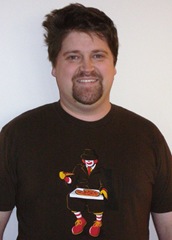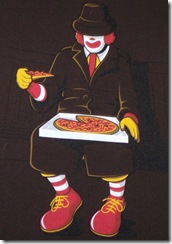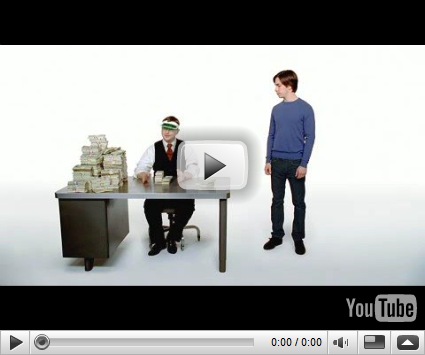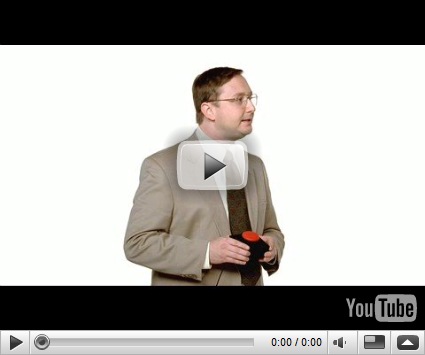A couple weekends ago, Jennifer and I went to Denver for the annual convention of the National Puzzlers’ League. I ended up enjoying it overall, but I got off to a difficult start mentally.
In retrospect, my mental journey through the extended weekend o’ puzzles & games has taught me a lot about managing mental energy, including some things about how to invest it and being able to assess the opportunity cost of such investments.
Let’s start with a quick peek at my mental state throughout the weekend. Looking forward to the convention, I was incredibly excited. After all, solving puzzles is one of my favorite things to do in the whole wide world. Memories of how much fun I had had at conventions past mixed with the anticipation of decompressing over the course of my first consecutive vacation days in a very long time.
I got to the convention and started off tense. I spent some time hanging out with my Seattle-area puzzle-friends, and said hello to a few others, but I was having trouble mustering the energy to bring myself to spend time chatting with or even to greet many of my acquaintances from prior conventions. The fact that no one seemed to be worth talking to began to make me wonder why I was even at the convention in the first place.
Later, when activities such as games and puzzles began, I discovered how woefully out of practice I was at that sort of thing. I was reminded that, like almost anything else, current practice is required to be at your best at any activity–physical, mental, or otherwise. My relative decline in ability over what I remembered added an additional layer of sadness and disappointment to my already depressed mood–I had lost my puzzle-solving mojo.
Eventually, despite that I stuck to interacting with my most favorite fellow puzzlers, I got a little more warmed up to the people around. And over the weekend as I did a few puzzles, my brain got back in the groove, as well. By the time we got back home, Jennifer and I had co-solved a particularly brilliant and satisfying cryptic crossword constructed by Mark Gottlieb (he gets bonus points for involving colored pencils), and I was once again convinced that puzzles were fun.
So what did living that story teach me about managing mental energy? Or maybe even before that, what do I mean by “mental energy” in the first place? It’s extremely hard to define, but you all know what it is. It’s that unquantifiable stubstance that gets spent when you’re doing something “taxing” or “draining” or “annoying”, and that you gain when you’re doing something “fun” or “energizing” or “recharging”.
The biggest thing my convention experience taught me about managing mental energy is that, like that well-known business aphorism about money, “you have to spend mental energy to make mental energy”. I had been spending nearly all of my time and mental energy throughout the preceding 20 months on Vidoop. And while that was fun and exciting, my other mental “areas of investment” were becoming atrophied through neglect.
I realized that it’s actually very important for me to spend some time on the non-work pursuits that are most important to me, because not doing them actually makes them less fun. And there being diminished funness to my most significant hobbies makes it harder to keep my mental batteries fully charged and functioning at peak efficiency.
I have begun spending more time on puzzle-related things since the convention, and I’m really glad I have.




